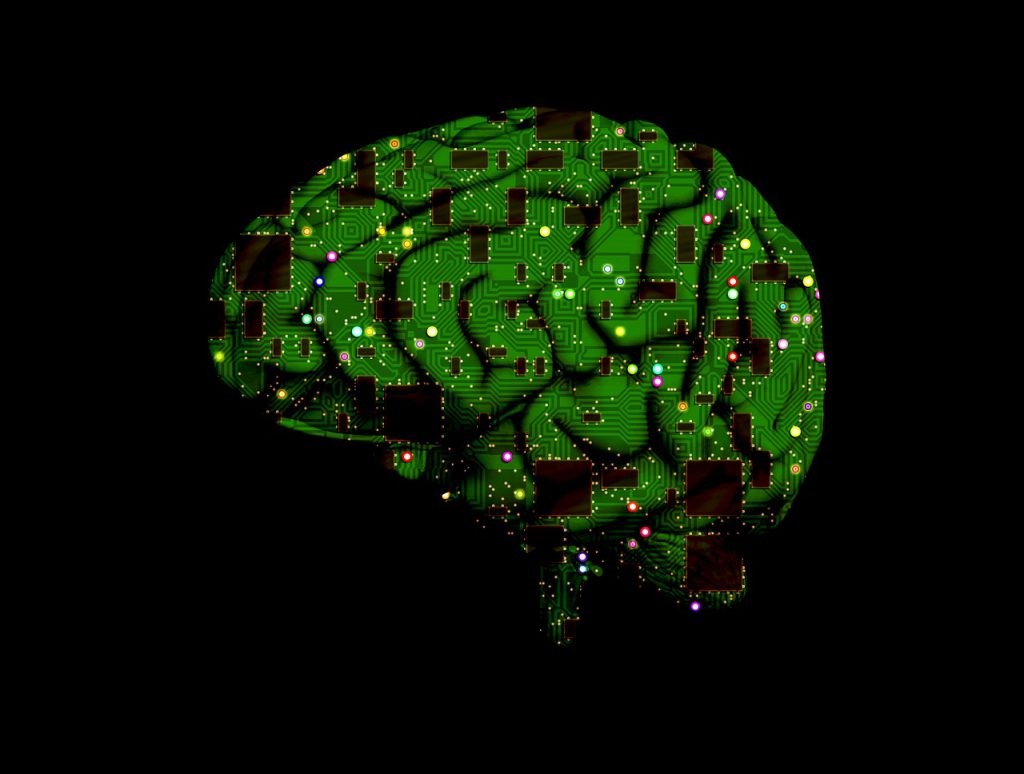
Conglomerate Mergers: Traditional and Digital Markets
*This is an AI-powered machine translation of the original text in Portuguese
The Administrative Council for Economic Defense (CADE) has released a working document titled "Conglomerate Mergers: Damage Theories and CADE's Jurisprudence from 2012 to 2022." The study was organized by the Department of Economic Studies (DEE) and addresses damage theories in conglomerate mergers used in the concentration act analysis by the authority in traditional and digital markets, featuring a specific section for the empirical analysis of cases reviewed by CADE.
Conglomerate mergers typically occur when a company wants to expand its operations and enter a new market, either from the perspective of a new product or a new geographic market. In current antitrust practice, conglomerate mergers often receive less attention from competition authorities because, in principle, they do not involve concentration or the potential closure of markets. Traditional antitrust theory usually allocates much less concern to them.
The study revisits traditional damage theories arising from conglomerate effects, which began to develop with the emergence of large business conglomerates. Among the traditional theories, as per the text, the one most frequently used by CADE in its analyses is based on cross-market conduct by companies, where a company might use its power in one specific market to leverage its position in a secondary market, especially when it involves complementary or related goods or services, through practices like tying and bundling. Furthermore, the study also points out other conglomerate damage theories, although with less clear effects on competition, such as increased economic power, brand strengthening, and increased aggregate concentration.
A significant contribution from the study pertains to conglomerate effects in the digital era. These markets pose a challenge to traditional analyses, as they are often characterized as "zero-cost" markets and make it difficult to apply theories based on consumer price effects, necessitating other parameters for analysis such as product quality and, in some cases, potential privacy concerns.
According to the text, digital markets have scope economies generated through the exploitation of intangible and shareable assets that support the indiscriminate offering of multiple products in different digital markets. There are also consumption synergies, meaning that consumers are attracted to remain on the same platform and use various products and services from it. These factors favor the emergence of digital conglomerates with extensive portfolios.
Just as the emergence of business conglomerates sparked discussions about the effects of these mergers, the emergence of digital conglomerates serves as a source for advancing damage theories in merger reviews, starting mainly in Europe. The main risks identified include killer acquisitions, tying practices, and reduced competition in adjacent markets.
On the other hand, the study highlights that antitrust intervention involves evaluating a trade-off between difficult-to-measure variables such as immediate and long-term efficiencies. Nevertheless, antitrust analysis could investigate the relevant market more closely to assess the competitive dynamics of conglomerate mergers, taking into account dynamic aspects of innovation and interrelated digital market effects.
Thus, CADE's publication reveals that antitrust literature has become increasingly interested in how digital ecosystems may necessitate a reevaluation of traditional competition analysis methodologies. While acknowledging that competition authorities have rarely adopted these new damage theories in practice, the study underscores a new perspective of the authority on digital markets and their specific dynamics. CADE has not yet dealt with many conglomerate mergers involving digital markets, as most of them have not been notified in Brazil. However, it is likely that in the coming years, this type of analysis will become more common – and increasingly complex.



